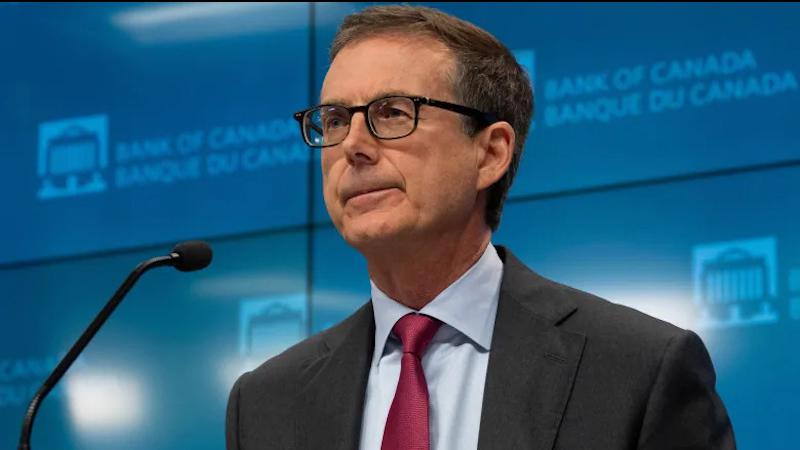
Bank of Canada hikes key interest rate to 2.5 per cent
The Bank of Canada raised its key interest rate by a full percentage point on Wednesday, marking the largest single rate hike since August 1998.
The central bank’s decision signals a more aggressive approach to bringing skyrocketing inflation back down to its target of two per cent.
Inflation reached a 39-year-high of 7.7 per cent in May.
In its latest monetary policy report, the Bank of Canada said inflation in Canada is “largely the result of international factors,” but that “domestic demand pressures are becoming more prominent.”


